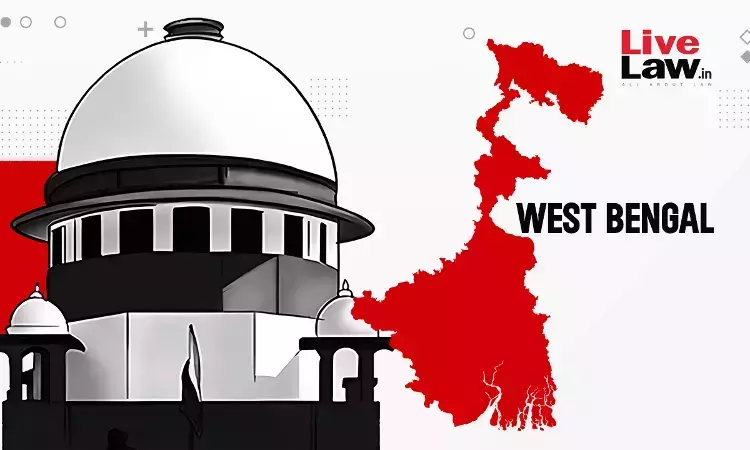'Not Keen On Letting Interim V-Cs Continue, Regular Appointments Needed': Supreme Court On WB Universities Row
Awstika Das
12 March 2024 7:17 PM IST

Next Story
12 March 2024 7:17 PM IST
The Supreme Court on Tuesday (March 12) expressed reluctance to allow interim vice-chancellors to continue in their roles indefinitely in state-run universities in West Bengal, stressing the need to initiate the process for regular appointments without further delay.The apex court's stance comes as a response to the ongoing dispute between the West Bengal government and Governor CV...
